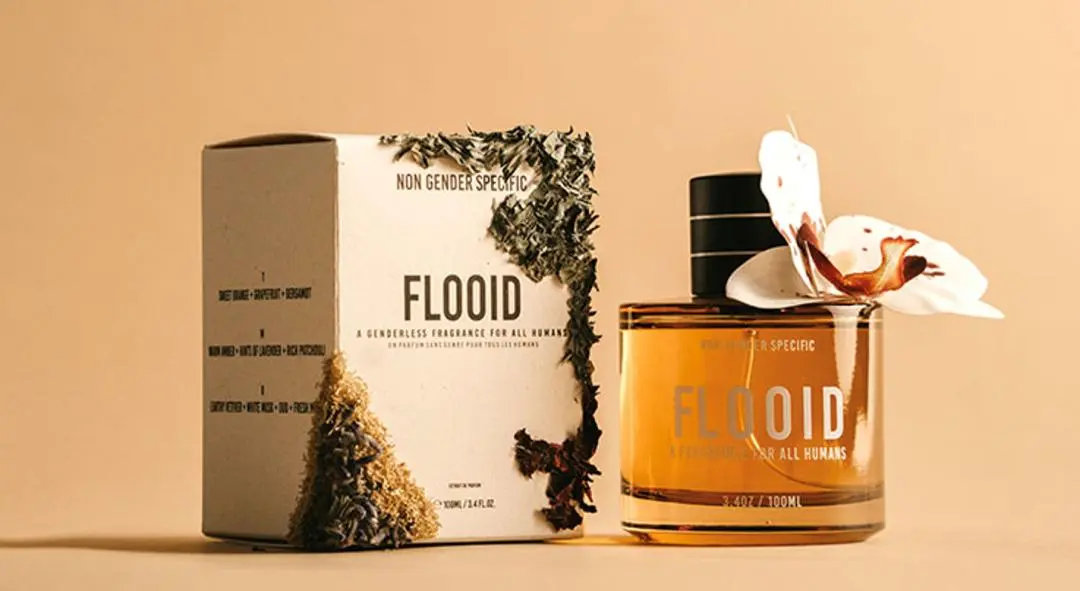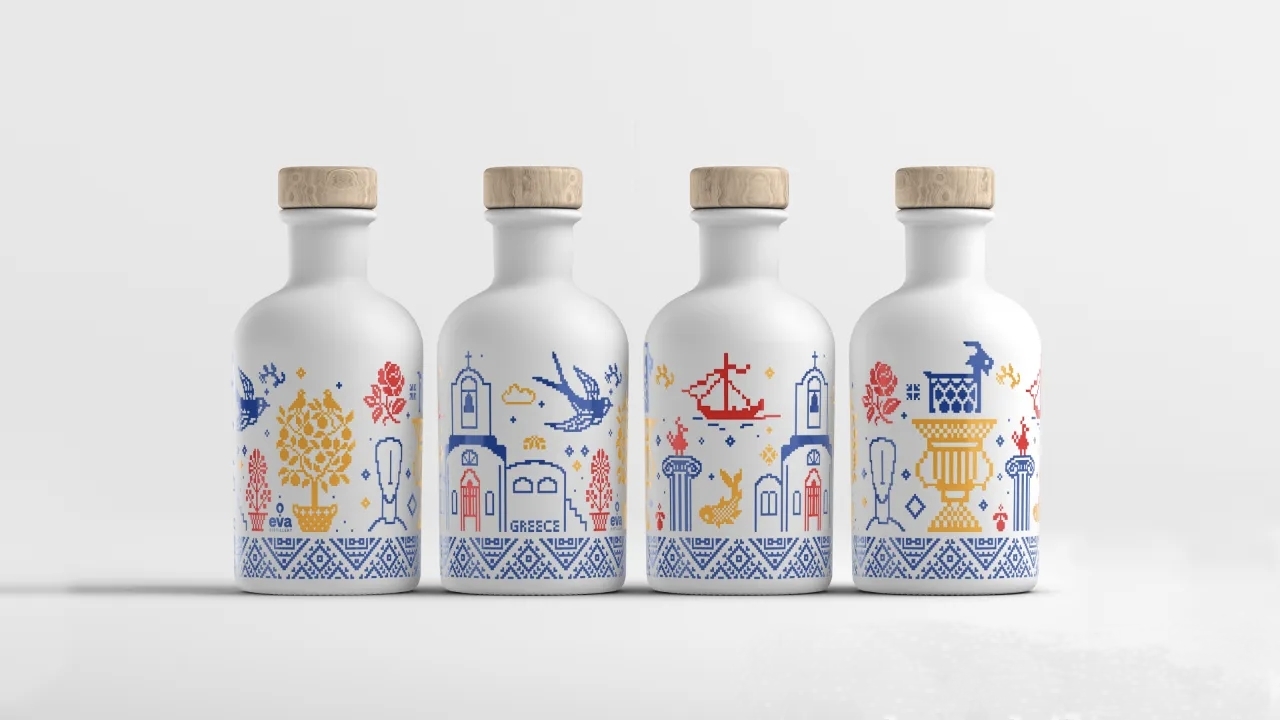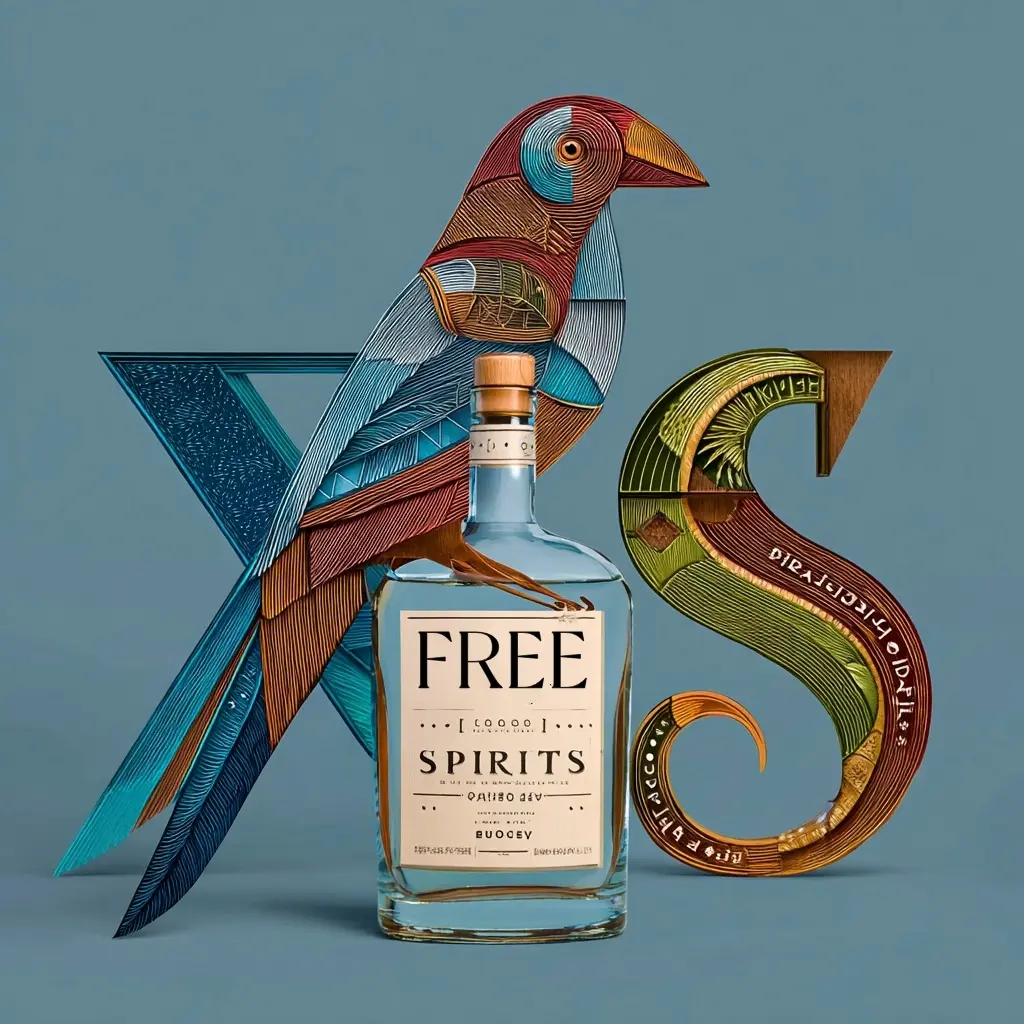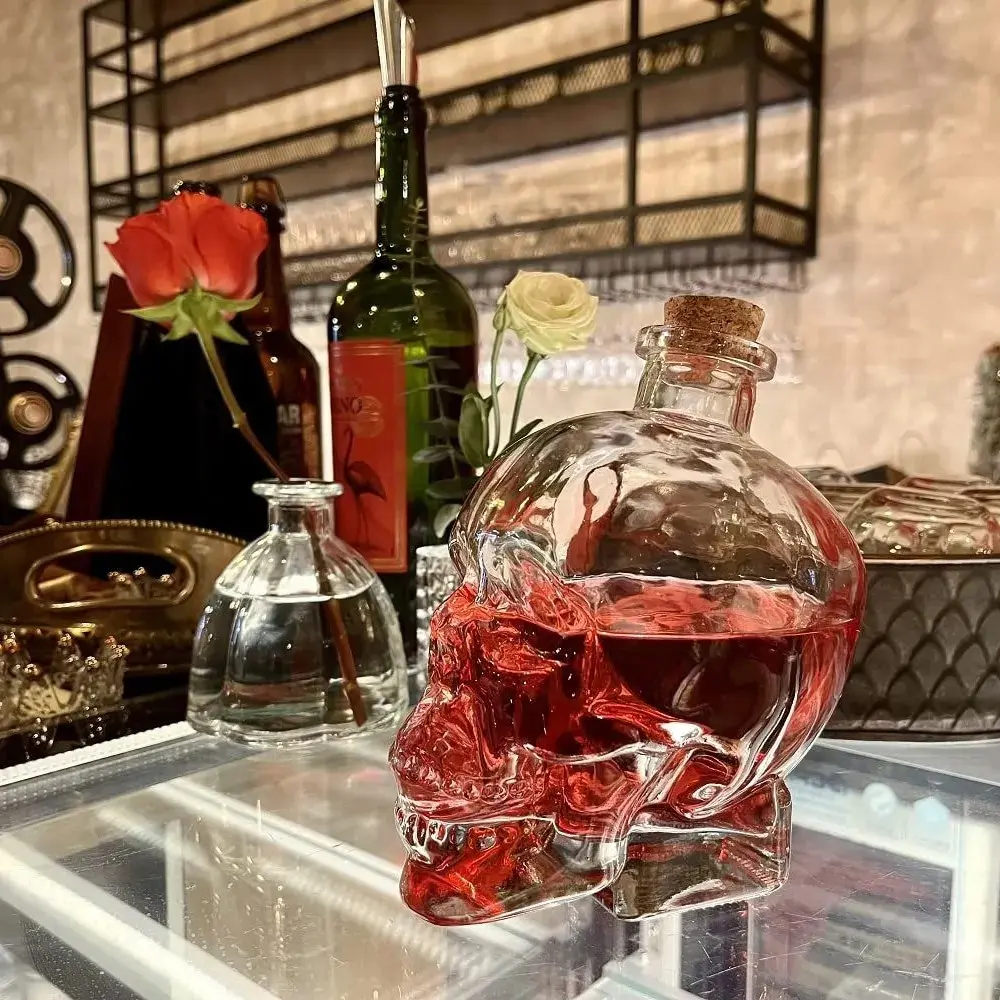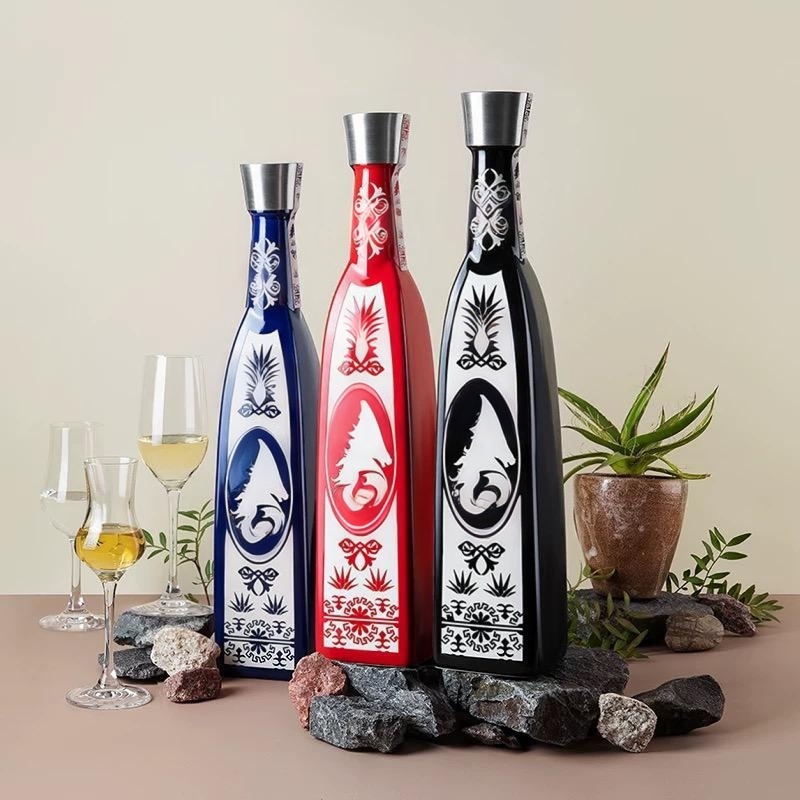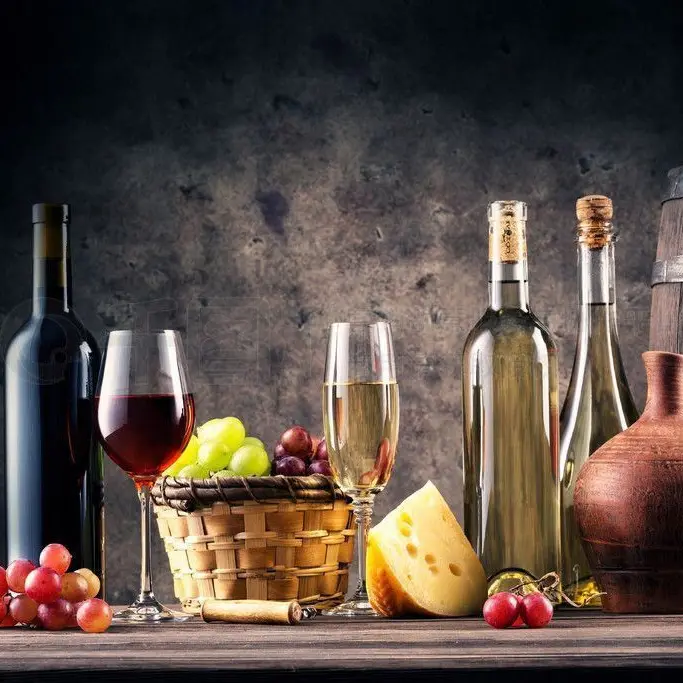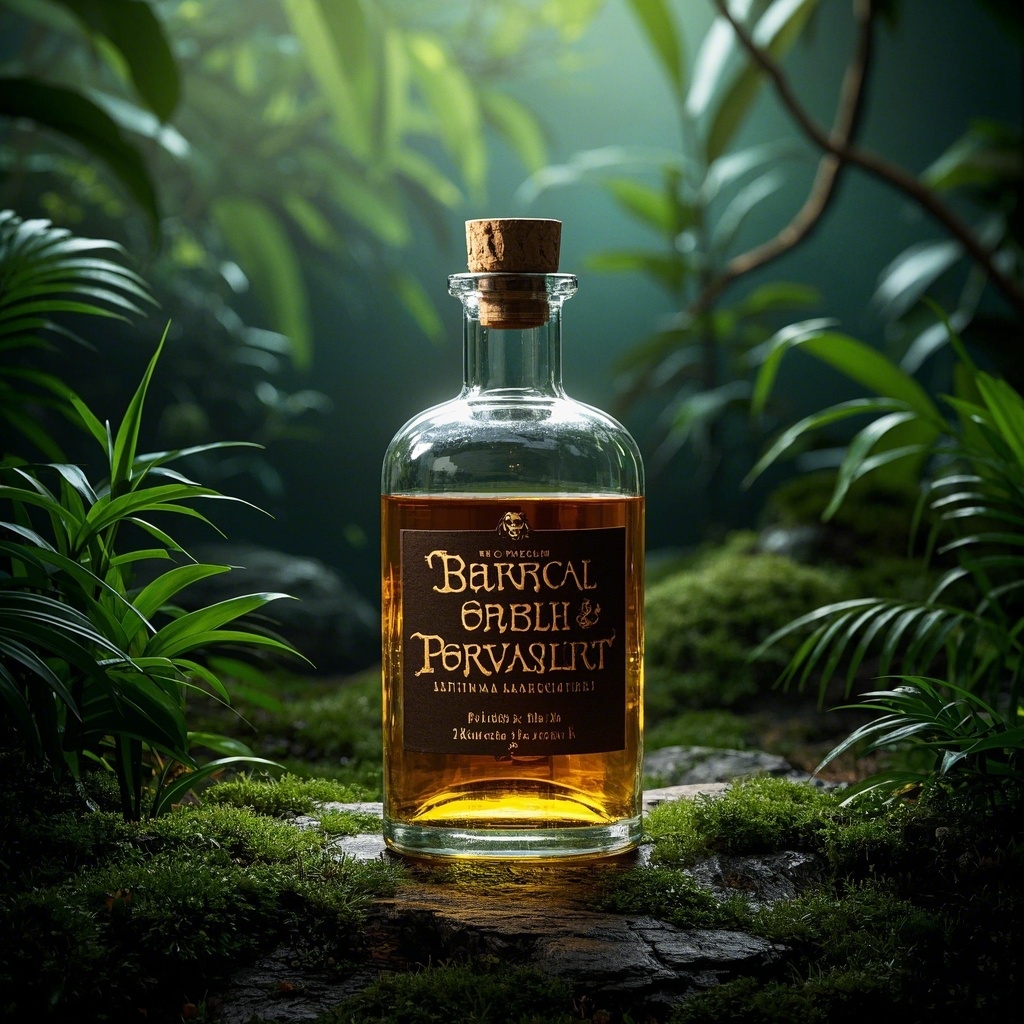The Rising Popularity and Benefits of Glass Packaging
In an age of evolving packaging materials, glass stands out as a timeless solution that combines elegance with functionality. For centuries, glass bottles have been the gold standard for premium packaging—and for good reason. As a leading glass bottle manufacturer, Shandong Moli Packaging Co., Ltd. combines ancient craftsmanship with modern technology to create custom glass bottles that elevate brands across a variety of industries. In this comprehensive guide, we'll explore the rich history, unparalleled benefits, and future innovations of glass bottle packaging, and why it remains the top choice for liquor bottles, wine bottles, and cosmetics packaging.A Brief History of Glass Packaging.
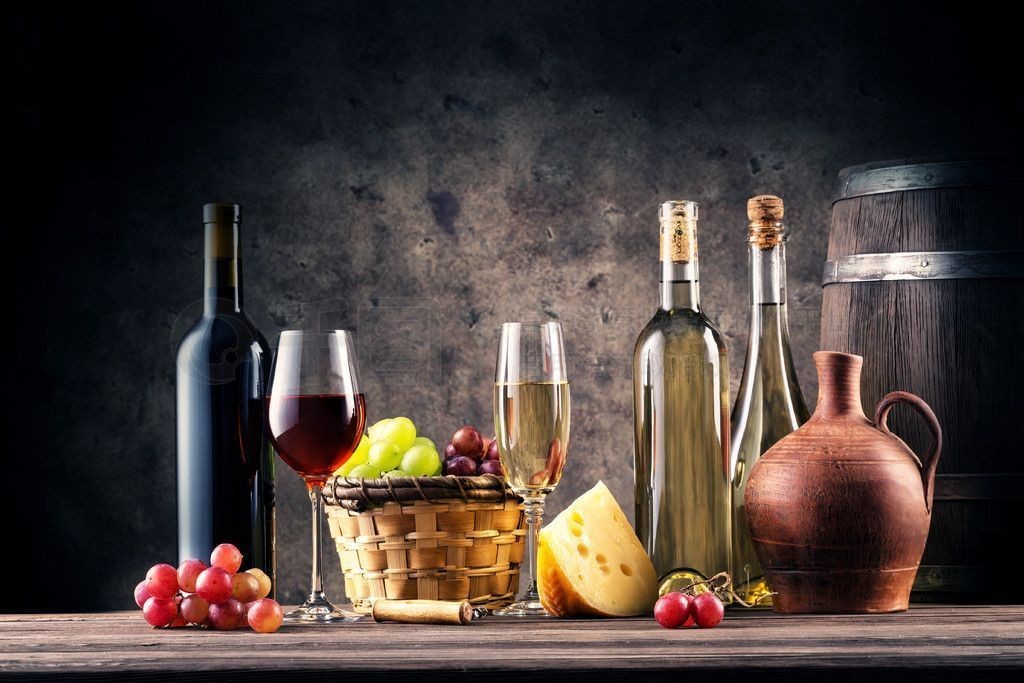
The use of glass for packaging dates back thousands of years. The ancient Egyptians were among the first to master the art of glass making around 1500 BC. Initially, glass was a luxury item, mainly used for creating decorative vessels. However, as the techniques for glass production evolved over time, its use in packaging became more widespread. By the Roman Empire, glass containers were being used to store and transport a variety of goods, including food bottle and beverages bottle. The development of glassblowing techniques in the 1st century BC made it possible to create more complex and functional glass containers. This led to an increase in the use of glass for packaging, and it became a staple in the Mediterranean region.
Fast forward to the industrial revolution in the 18th and 19th centuries. The invention of the glass - making machine in the 19th century significantly increased production efficiency and reduced costs. This made glass packaging more accessible to a wider range of industries. Since then, glass packaging has continued to evolve, with new technologies and designs being introduced to meet the changing needs of consumers and businesses.
Why Choose Glass Packaging?
1. Superior Barrier Properties
One of the key advantages of glass packaging is its excellent barrier properties. Glass is impermeable to gases, moisture, and most chemicals. This makes it an ideal choice for packaging liquids such as wine, beer, spirits, and pharmaceuticals.
When it comes to wine, for example, the glass bottle provides a hermetic seal that protects the wine from oxygen and other contaminants. Oxygen can cause wine to oxidize, leading to a loss of flavor and quality.
Glass bottles prevent this by keeping oxygen out, allowing the wine to age gracefully and maintain its integrity. In the case of pharmaceuticals, the barrier properties of glass are crucial for protecting the active ingredients from degradation due to environmental factors.
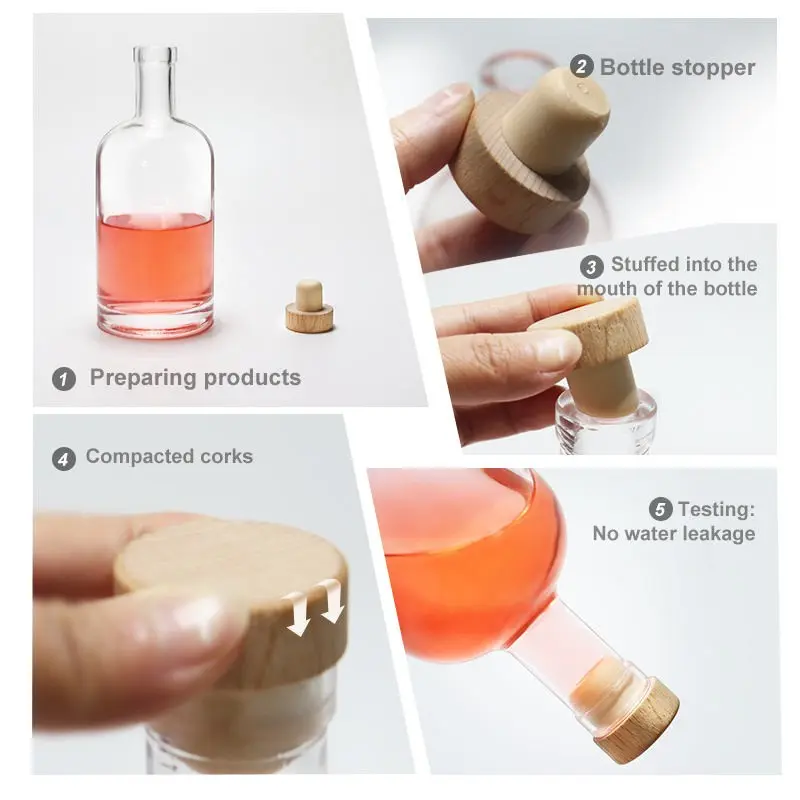
2. Chemical Inertness
Glass is chemically inert, which means it does not react with the contents it holds. This is especially important for acidic or alkaline liquids. For instance, fruit juices, which are often acidic, can be safely stored in glass containers without any risk of the glass leaching harmful substances into the juice or the juice corroding the glass.
This property also ensures that the taste and quality of the product remain unchanged over time. Whether it's a delicate liqueur or a concentrated cleaning solution, glass packaging provides a safe and stable environment for the liquid.
3. Recyclability
In an era where environmental concerns are at the forefront, glass packaging stands out for its recyclability. Glass can be recycled indefinitely without losing its quality. According to industry statistics, recycling glass saves significant amounts of energy compared to producing new glass from raw materials.
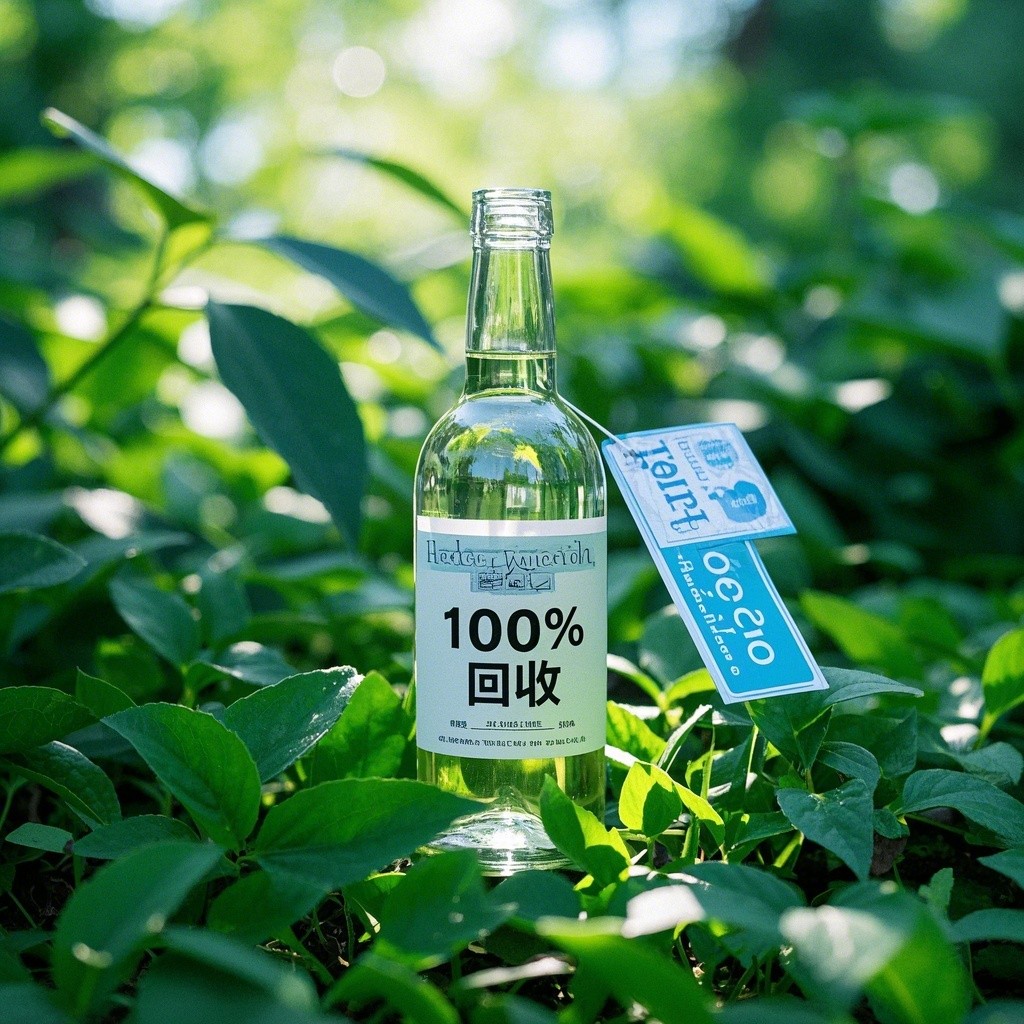
When glass is recycled, it requires less energy to melt the recycled glass than to extract and process new sand, soda ash, and limestone. This not only reduces the carbon footprint of the packaging industry but also conserves natural resources. Many consumers are now actively seeking products packaged in recyclable materials, and glass packaging allows brands to meet this demand.
4. Aesthetic Appeal
Glass packaging offers a high - end aesthetic that can enhance the perceived value of a product. The transparency of glass allows consumers to see the product inside, which can be a major selling point. For example, in the cosmetics industry, glass bottles are often used for perfumes and high - end skincare products.
The elegant look of a glass bottle can make the product more appealing on the store shelf. Additionally, glass can be easily decorated with labels, embossing, or coloring to create a unique brand identity. Brands can use these design elements to differentiate their products from competitors and attract consumers.
Glass Packaging for Different Liquids
1. Beverages
● Wine: Glass bottles are the traditional and most popular choice for wine packaging. The shape and color of the glass can also have an impact on the wine. Dark - colored glass, such as green or brown, is often used for wine as it helps to block out harmful UV rays that can damage the wine. The cork closure, which is commonly used with glass wine bottles, also allows for a slow exchange of oxygen, which is beneficial for the aging process of the wine.
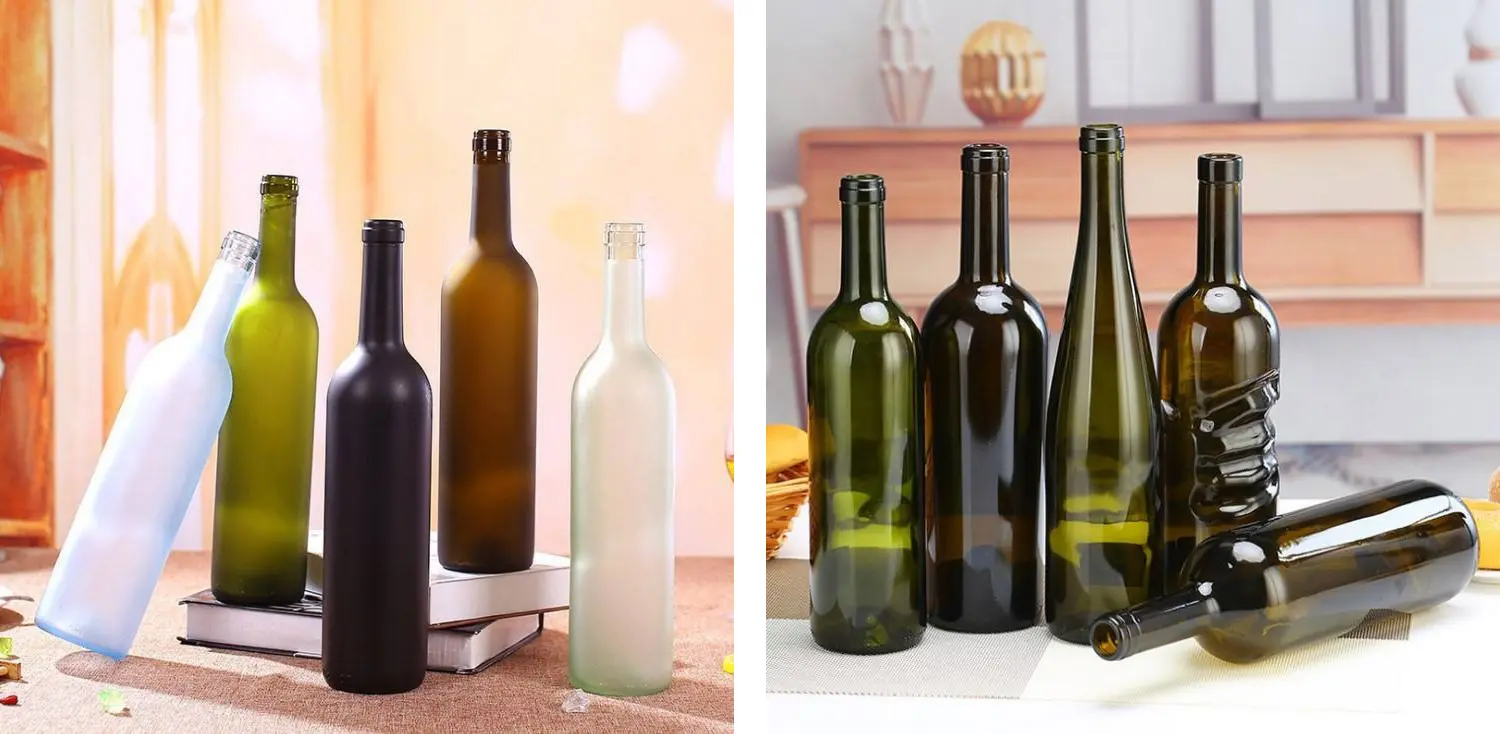
● Beer: Glass bottles are widely used for beer as well. Clear glass can show off the color and clarity of the beer, while brown glass is often preferred for its ability to protect the beer from light - induced skunking. In recent years, there has been a trend towards using larger - format glass bottles for craft beers, as it adds to the premium feel of the product.
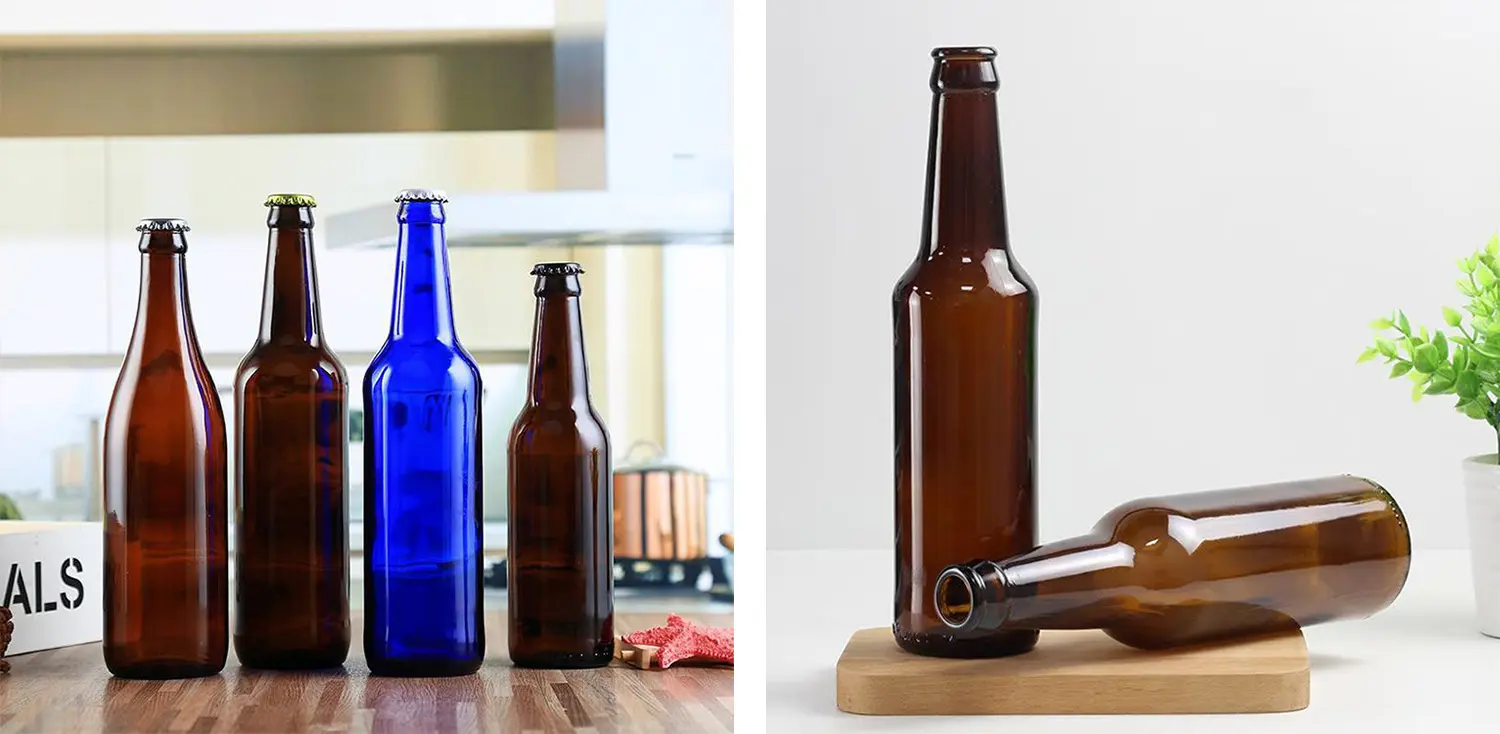
● Spirits: Glass bottles are the standard for spirits packaging. The smooth surface of the glass and the ability to create unique bottle shapes make it easy for distilleries to create a distinct brand image. From the classic square - shaped whiskey bottles to the elegant curves of vodka bottles, glass packaging plays a crucial role in the marketing of spirits.
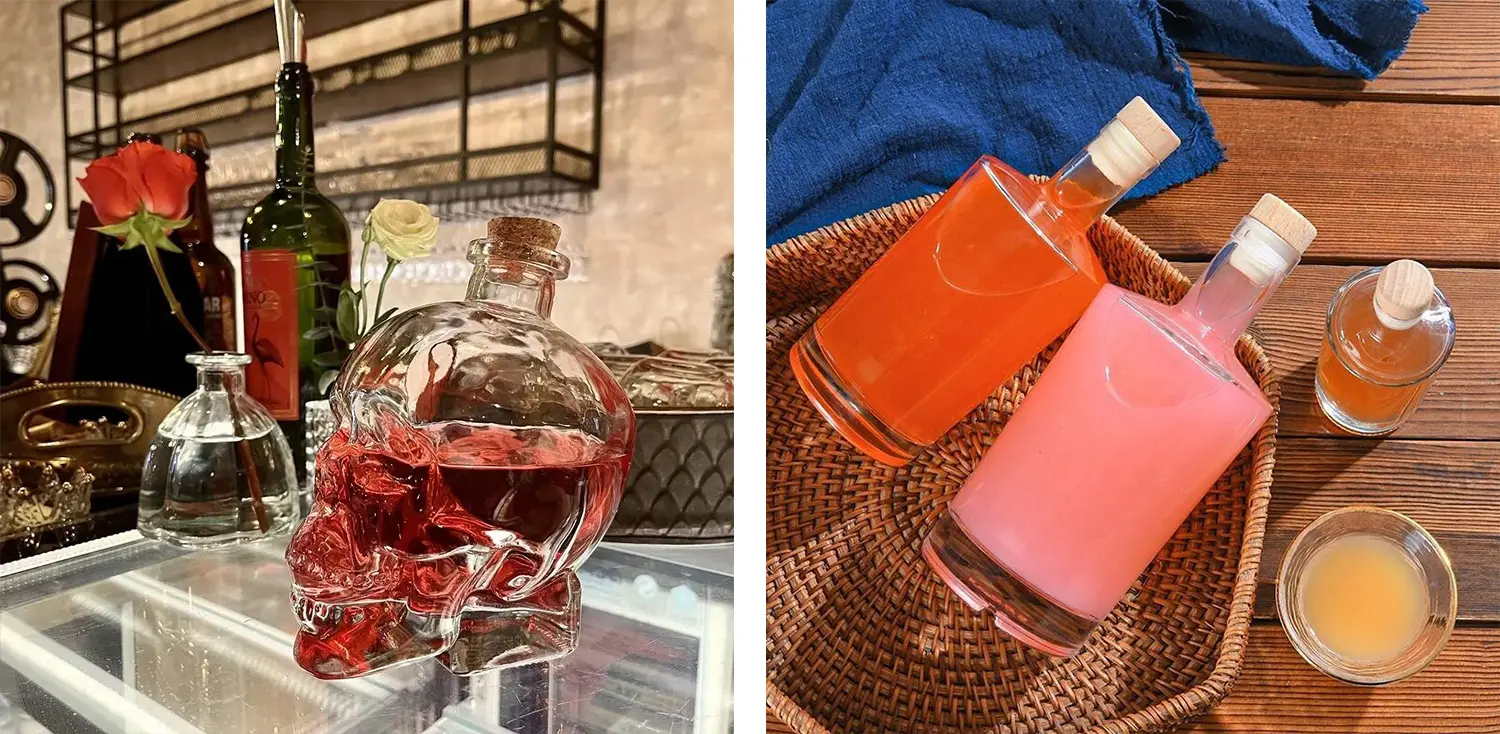
2. Pharmaceuticals
Glass containers are used for packaging a wide range of pharmaceutical products, including liquid medications, injectables, and vaccines. The chemical inertness and high - quality barrier properties of glass ensure the safety and efficacy of the drugs.
For example, glass vials are used to store injectable medications, providing a sterile and secure environment. The precision manufacturing of glass pharmaceutical containers also allows for accurate dosing.
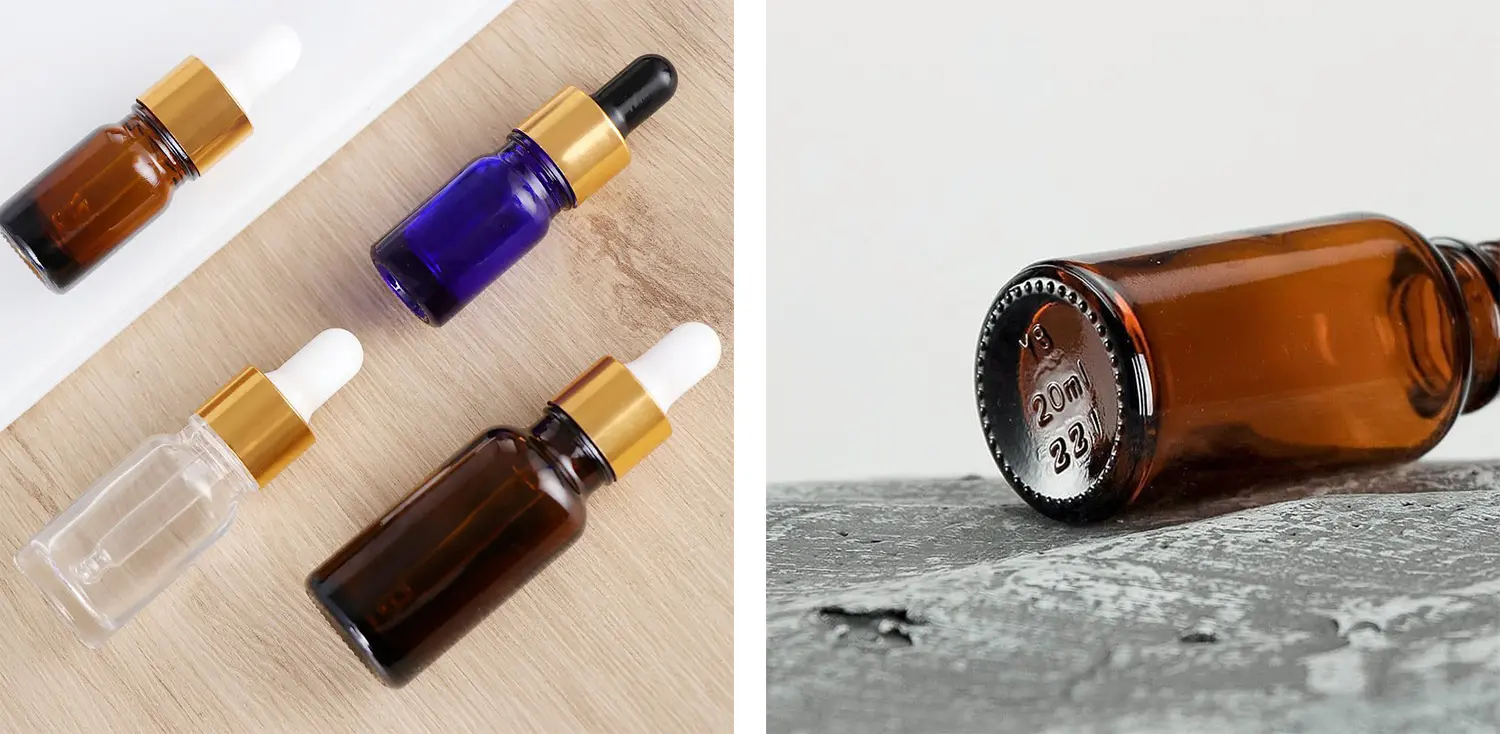
3. Cosmetics and Toiletries
In the cosmetics and toiletries industry, glass packaging is used for products such as perfumes, lotions, and shampoos. Glass jars are often used for creams and balms, as they can be easily sealed to prevent contamination. The weight and feel of a glass bottle or jar can also convey a sense of luxury, which is important for high - end cosmetic brands.’
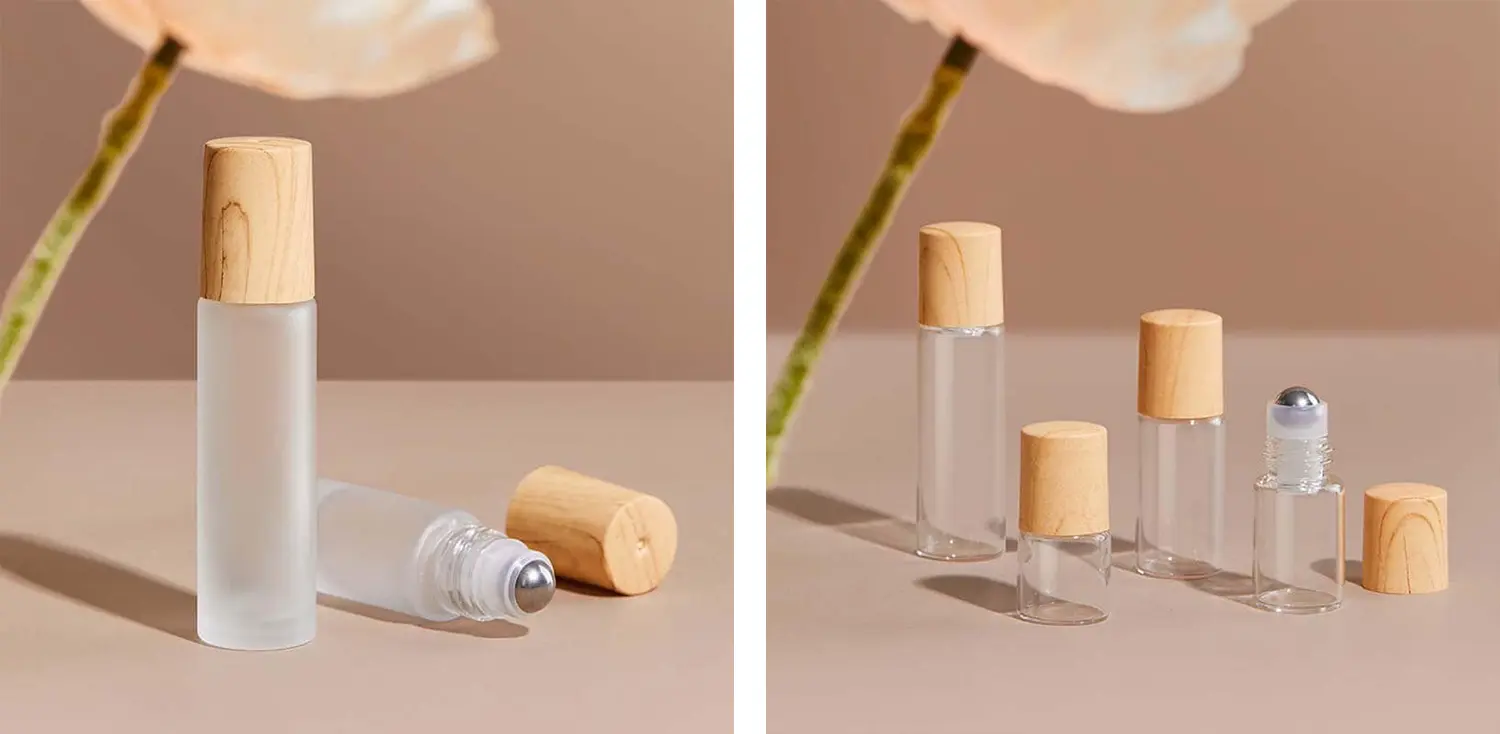
The Impact of Glass Packaging on Brand
1. Brand Image and Perceived Quality
Using glass packaging can significantly enhance a brand's image. Consumers often associate glass with quality, purity, and luxury. When a brand uses glass packaging, it signals to the consumer that the product inside is of high - quality.
For example, a premium olive oil brand that uses a beautiful glass bottle with an elegant label is likely to be perceived as a more luxurious and high - quality product compared to a similar product packaged in plastic. This can allow brands to command a higher price point and increase their profit margins.
2. Brand Differentiation
In a crowded marketplace, standing out is crucial. Glass packaging provides an opportunity for brands to differentiate themselves. By using unique glass bottle shapes, colors, or finishes, brands can create a memorable and distinct brand identity.
For example, a craft brewery might use a custom - designed glass bottle with a unique label to make its beer stand out on the shelves. This can help the brand attract consumers and build brand loyalty.
3. Sustainability Credentials
As mentioned earlier, glass is highly recyclable. Brands that use glass packaging can promote their sustainability efforts. In today's environmentally - conscious market, consumers are more likely to support brands that are committed to sustainability. By using glass packaging, brands can appeal to this growing segment of consumers and enhance their brand reputation.
In conclusion, glass packaging has a long and rich history, and its advantages make it a top choice for a wide range of industries. At Shandong Jasmine Packaging Co., Ltd., we are proud to offer a variety of glass packaging solutions that meet the highest standards of quality and design. Whether you are in the beverage, pharmaceutical, or cosmetics industry, glass packaging can help you enhance your product's appeal, protect its quality, and boost your brand's image.


